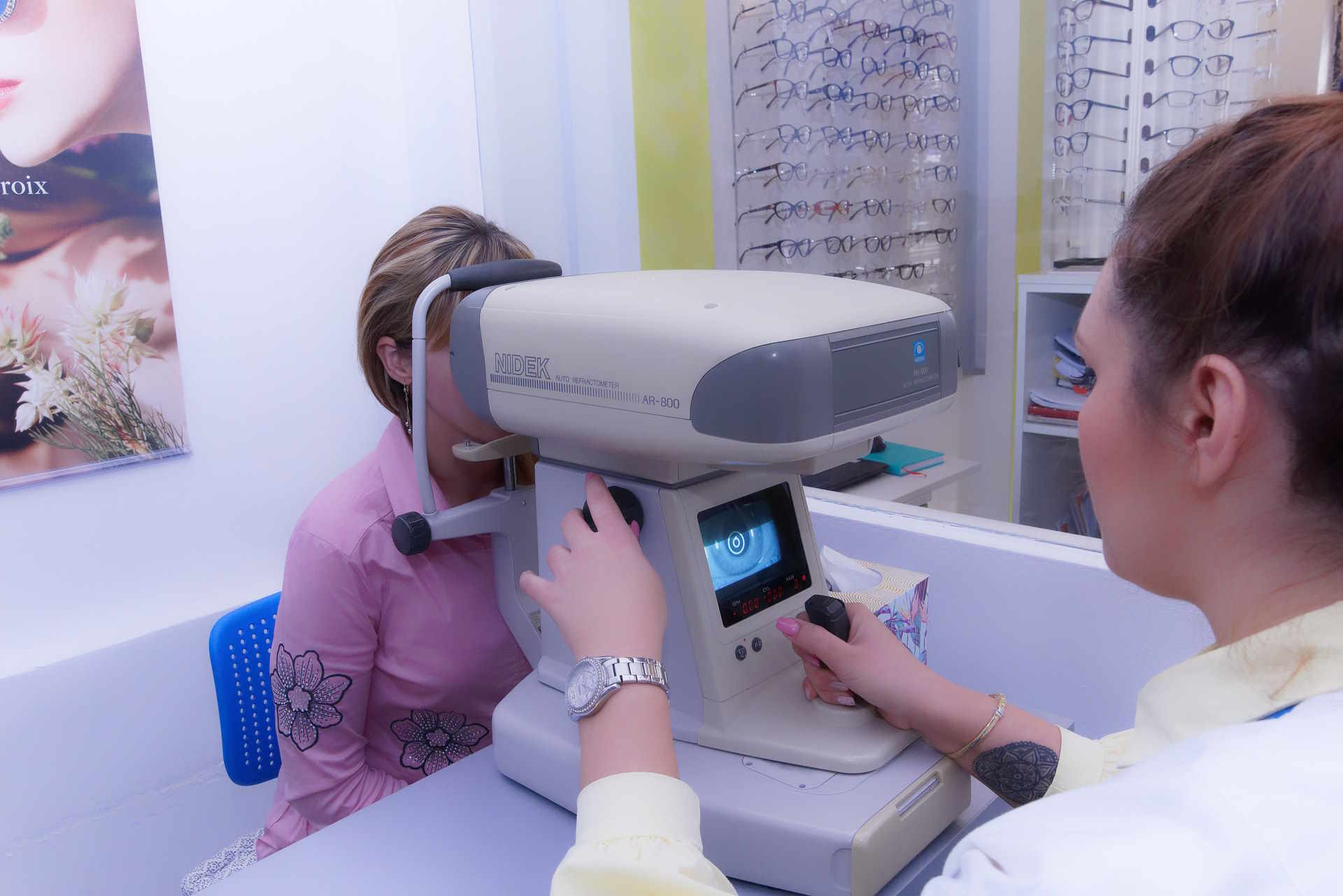Explore Neuropathy Research Opportunities and What Participants Can Expect
Neuropathy clinical trials are enrolling participants to help advance research into potential new approaches. These studies may include various types of support for participants. Learn how they work, who may qualify, and what to expect from initial screening through follow-up visits.

What are neuropathy clinical trials and how do they work?
Neuropathy clinical trials are research studies designed to evaluate new treatments, medications, or interventions for various types of neuropathy. These trials typically follow a structured protocol and are conducted in phases:
-
Phase I: Focuses on safety and dosage in a small group of participants.
-
Phase II: Assesses effectiveness and side effects in a larger group.
-
Phase III: Compares the new treatment to existing standards in an even larger population.
-
Phase IV: Continues to monitor safety and efficacy after FDA approval.
Trials may involve testing new drugs, exploring alternative therapies, or investigating novel medical devices. Participants are carefully monitored throughout the study, with researchers collecting data on the treatment’s effectiveness and any potential side effects.
How can someone find neuropathy research opportunities?
Finding neuropathy research opportunities requires some proactive searching, but several resources can help:
-
ClinicalTrials.gov: This comprehensive database, maintained by the U.S. National Library of Medicine, lists ongoing clinical trials worldwide.
-
Neuropathy-focused organizations: Foundations like the Neuropathy Alliance of Texas or the Foundation for Peripheral Neuropathy often provide information on current research opportunities.
-
Healthcare providers: Neurologists and other specialists treating neuropathy may be aware of local trials or can refer patients to research centers.
-
Academic medical centers: Many universities with medical schools conduct neuropathy research and recruit participants from their local communities.
-
Online patient communities: Forums and support groups dedicated to neuropathy can be valuable sources of information about ongoing studies.
When searching, use keywords related to your specific type of neuropathy and location to find the most relevant opportunities.
What steps are involved in joining a neuropathy study?
Joining a neuropathy study involves several steps to ensure participant safety and study integrity:
-
Initial screening: Researchers review basic information to determine if you meet the study’s criteria.
-
Informed consent: You’ll receive detailed information about the study’s purpose, procedures, risks, and benefits. This is your opportunity to ask questions and decide if you want to participate.
-
Comprehensive evaluation: If you proceed, you’ll undergo a thorough medical examination and possibly additional tests to confirm your eligibility.
-
Baseline assessments: Researchers will collect initial data on your condition to compare with future results.
-
Randomization: In many studies, participants are randomly assigned to different treatment groups, which may include a placebo group.
-
Study participation: You’ll follow the study protocol, which may involve taking medication, undergoing treatments, or completing assessments at scheduled intervals.
-
Follow-up: After the active phase of the study, you may be asked to return for follow-up visits to monitor long-term effects.
How is support for participants provided in neuropathy research?
Participant support is a crucial aspect of neuropathy research studies. Here’s how support is typically provided:
-
Dedicated study coordinators: These professionals serve as the main point of contact, answering questions and addressing concerns throughout the study.
-
Regular check-ins: Participants usually have scheduled visits or calls with the research team to monitor progress and well-being.
-
Medical oversight: Licensed healthcare providers oversee the study to ensure participant safety.
-
Educational materials: Participants often receive information about their condition and the study process.
-
Travel assistance: Some studies offer reimbursement for travel expenses related to study visits.
-
Emergency contact: Participants are provided with 24/7 contact information for urgent issues related to the study.
-
Post-study support: After the study concludes, researchers may offer debriefing sessions and information about ongoing care options.
What can participants expect during neuropathy studies?
Participating in a neuropathy study can be a rewarding experience, but it’s important to have realistic expectations:
-
Time commitment: Studies may require multiple visits over weeks, months, or even years.
-
Medical procedures: Depending on the study, you might undergo blood tests, nerve conduction studies, or other diagnostic procedures.
-
Medication regimens: If testing a new drug, you’ll need to follow precise dosing instructions and may need to keep a medication diary.
-
Questionnaires and assessments: You’ll likely complete regular surveys about your symptoms and quality of life.
-
Potential side effects: New treatments may cause unexpected side effects, which you’ll need to report promptly.
-
Uncertainty: In blinded studies, neither you nor the researchers may know if you’re receiving the actual treatment or a placebo.
-
Contribution to science: Regardless of personal outcomes, your participation helps advance neuropathy research.
-
Access to cutting-edge treatments: You may have the opportunity to try new therapies before they’re widely available.
-
Close medical monitoring: Your health will be closely watched throughout the study, potentially leading to early detection of other issues.
-
No guarantee of benefit: While the hope is for improvement, there’s no assurance that the experimental treatment will be effective for you.
Participating in neuropathy research offers a unique opportunity to contribute to medical advancements while potentially accessing new treatments. By understanding the process and what to expect, individuals with neuropathy can make informed decisions about participating in clinical trials. Remember, your involvement in research not only has the potential to benefit your own health but also to help countless others affected by neuropathy in the future.
This article is for informational purposes only and should not be considered medical advice. Please consult a qualified healthcare professional for personalized guidance and treatment.




